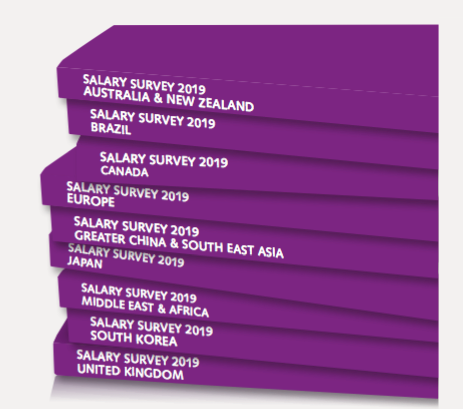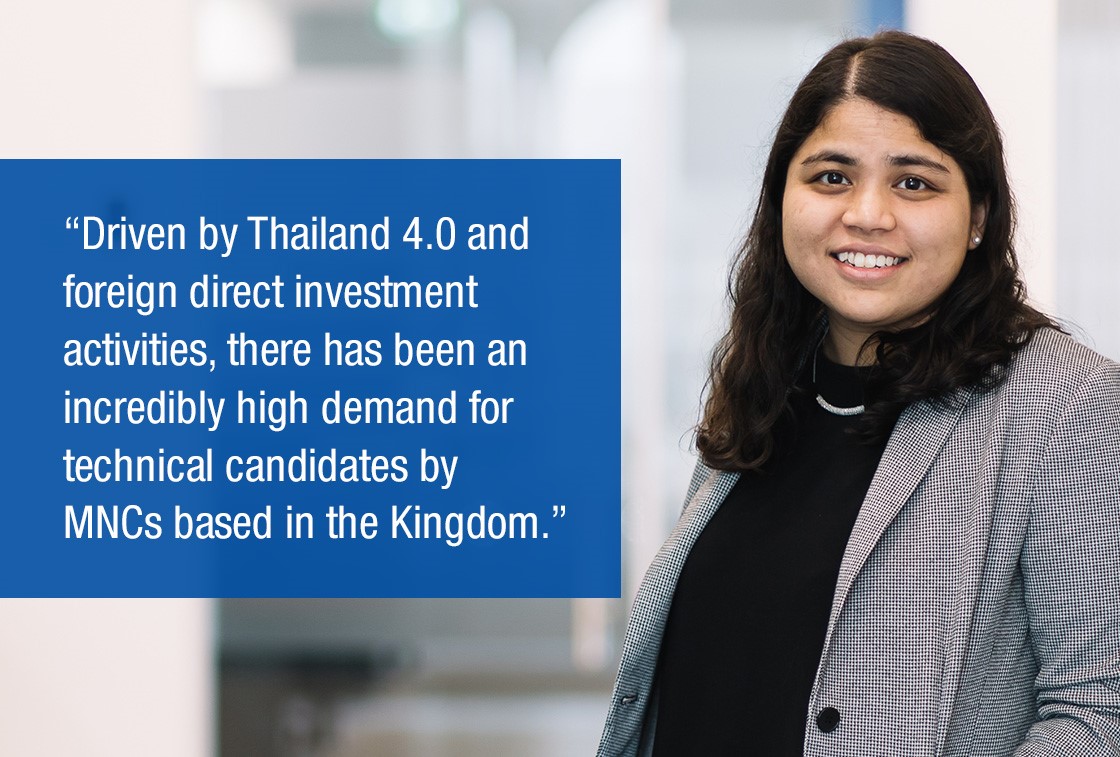Inside Phuket’s Workforce

There has been a lot of news lately regarding investment across Asia and the state of the skilled workforce in place to help manage that investment. As we have moved into 2020 where we have seen the first part of the year affected by the Coronavirus, let us reflect on how we left 2019 and what can be expected in 2020, once we return to normal.
The Nation Thailand recently reported that Asia is set to continue its upward trajectory as a buoyant industrial hub, with solid investments from abroad, particularly from China, adding to this momentum and being key drivers to market expansion, according to the 20th edition Robert Walters’ Salary Survey 2019.

The annual salary survey offers a comprehensive review of professional salaries and illuminates recruitment trends both globally, internationally and locally. The overall picture is of expansion, with competitive salaries for in-demand skills and greater appreciation of talent by employers along with increased demand for local workers with an international background for expanding markets. The key take-away is that companies need to streamline, and in many sectors such as banking, speed-up the recruitment process, highlighting what they have to offer would-be employees in the 2019-20 skills-driven markets.
Whilst businesses in Southeast Asia are mining local recruits, the Salary Survey 2019 emphasises how companies are increasingly looking for ‘glocal’ employees; locally based staff with international experience as companies expand to other territories. In short, 2019 is expected to be a dynamic year for recruitment regionally, benefiting both businesses and the job market.
Many regional trends are reflected in Thailand, particularly the rise of digital-skill drivers and the demand for internationally experienced local talent, according to Gerrit Bouckaert, Managing Director for Robert Walters Thailand & Vietnam. “An international perspective is being sought from employees in Thailand more than ever, according to the Robert Walters’ Salary Survey 2019, as Thai companies expand regionally and internationally, elevating the need for English-speaking professionals. At the same time, 2019 was the year of digital transformation, fueling the need for digital talent across the board.”
Thailand’s Eastern Seaboard may continue to find professionals with problem-solving and project-management skills in short supply to channel into mid-to-high-level executive roles. It is predicted this will strengthen salary demands for the right candidates as well as pushing employers to streamline the recruitment process. Employee engagement efforts will become more important along with attracting personnel through positive employer branding as companies seek to leverage social media platforms to boost their reputation in the job market. There was also a greater need in 2019 for businesses to highlight in-company opportunities for promotion and movement. As recruitment is fine-tuned, 2019 – 20 could see businesses bring certain roles such as legal positions in-house.
The four main factors determining job satisfaction in 2019 were work-life balance, remuneration, feedback and encouragement from management as well as training and opportunities. The top motivators for switching jobs in 2019 will be the promise of career progression, either a pay rise and/or improved benefits plus a better work-life balance.
Professionals will continue to feel positive by the end of 2019, with 90 per cent feeling confident about job markets in their sectors. Salaries are set to rise for job movers by 15-20 per cent for back-office roles and by 20-30 per cent for front-office positions as well as employees with niche skill sets.
Specialist in the recruitment market such as Sonia Fernandez, Associate Manager at Michael Page adds
“Thailand remains one of the strongest manufacturing bases in the ASEAN region. Driven by Thailand 4.0 and foreign direct investment, there has been a high demand for technical candidates by MNCs who are looking to launch operations locally or replace expatriate hires.
However, there is a limited availability of such candidates, making for a very competitive recruitment market. Currently, there is a shortage of Thais with appropriate communication and leadership skills, and a large proportion of the workforce needs to develop these capacities which are necessary to perform at the top levels of large companies.

To be able to secure the best talent, organisations should conduct a pre-emptive, detailed, market mapping exercise to understand who is available in the market. They will also need to track candidates’ progression and movement, so they are better equipped to understand the availability of candidates when vacancies arise. In addition, they should recruit for industry 4.0. That is, to focus on capability instead of degree and qualification, looking for skills such as learning agility, creativity and adaptability.
The current initiatives put forth by the Ministry of Labour’s Development Skill Department aims to prepare future technical graduates for industry 4.0. This includes establishing partnerships between universities and organisations for internship programs; as well as redesigning or introducing new Degree and Master courses. The desired outcome is a hope that Thailand will be able to curb the candidate shortage within a period of 5 years. I believe that this will impact the recruitment market positively down the road”
Source: The Nation Thailand and Michael Page Recruitment


